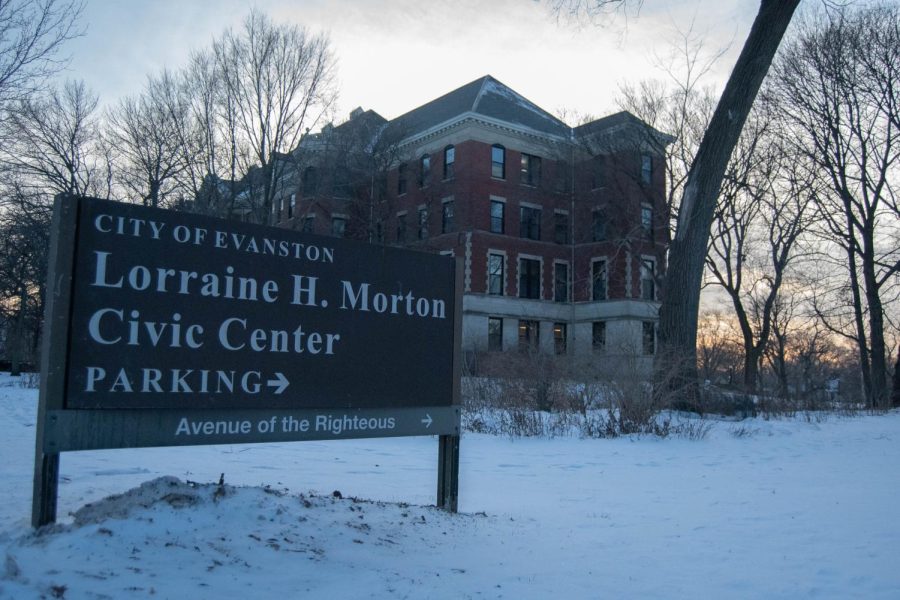City Council discusses “Living Rooms,” an alternative response to mental health crises
Daily file photo by Angeli Mittal
The Lorraine H. Morton Civic Center. City Council discussed the “Living Room” program Monday, which will provide an alternative solution to police action.
January 11, 2022
City Council discussed creating a mental health facility to provide immediate emergency care to community members Monday. The program, “Living Room,” will provide an alternative solution to police action and emergency room visits for those experiencing mental health crises. It will be led by mental health crisis community organizations.
What context should I know here?
The city established the Alternative Emergency Response Subcommittee in summer 2020 with the purpose of developing a non-police response for 911 callers who need immediate mental health support. Subcommittee Chair Ald. Cicely Fleming (9th) proposed the committee focus on creating a mental and behavioral health facility where alternative responders can bring residents in crisis last year.
The subcommittee laid out a model for this new facility Monday. Subcommittee members answered questions about how the Living Room will operate and be funded.
The facility will be operated by Turning Point Behavioral Health Care Center with the support of Trilogy Behavioral Healthcare and Impact Behavioral Health.
What were the key points of discussion?
Several councilmembers voiced support for the facility, noting its relevance amid the pandemic.
“I think this is one of the best things that the city has embarked on in a long time,” Ald. Melissa Wynne (3rd) said.
The council also discussed using American Rescue Plan Act funds for the city’s Living Room.
“We will be challenged to find sources of funding for this on an ongoing basis, and I am happy to meet that challenge along with my colleagues,” Ald. Jonathan Nieuwsma (4th) said.
The facility will divert mental health crises from Evanston police. Two residents spoke during public comment to voice their concerns about police response in the city.
Community member Nicholas Davis and Evanston Fight for Black Lives representative Mollie Hartenstein spoke about the rehiring of Richard Eddington as interim police chief and the need to defund the police. Fleming later agreed.
“They are correct in their call for defunding the police and our committee came out of the call for defunding the police that we heard several years ago,” Fleming said.
What’s the expected impact of the discussion?
Monday’s discussion served to support the eventual creation of a Living Room. The subcommittee answered questions and gave insight into the budget and operation.
What should I look out for in the future?
The subcommittee will come back to the council with specific proposals and funding requests. Councilmembers will continue to research and discuss details.
Email: [email protected]
Twitter: @shnnnmrynnn
Related Stories:
—Evanston supports underserved pockets of mental health services


